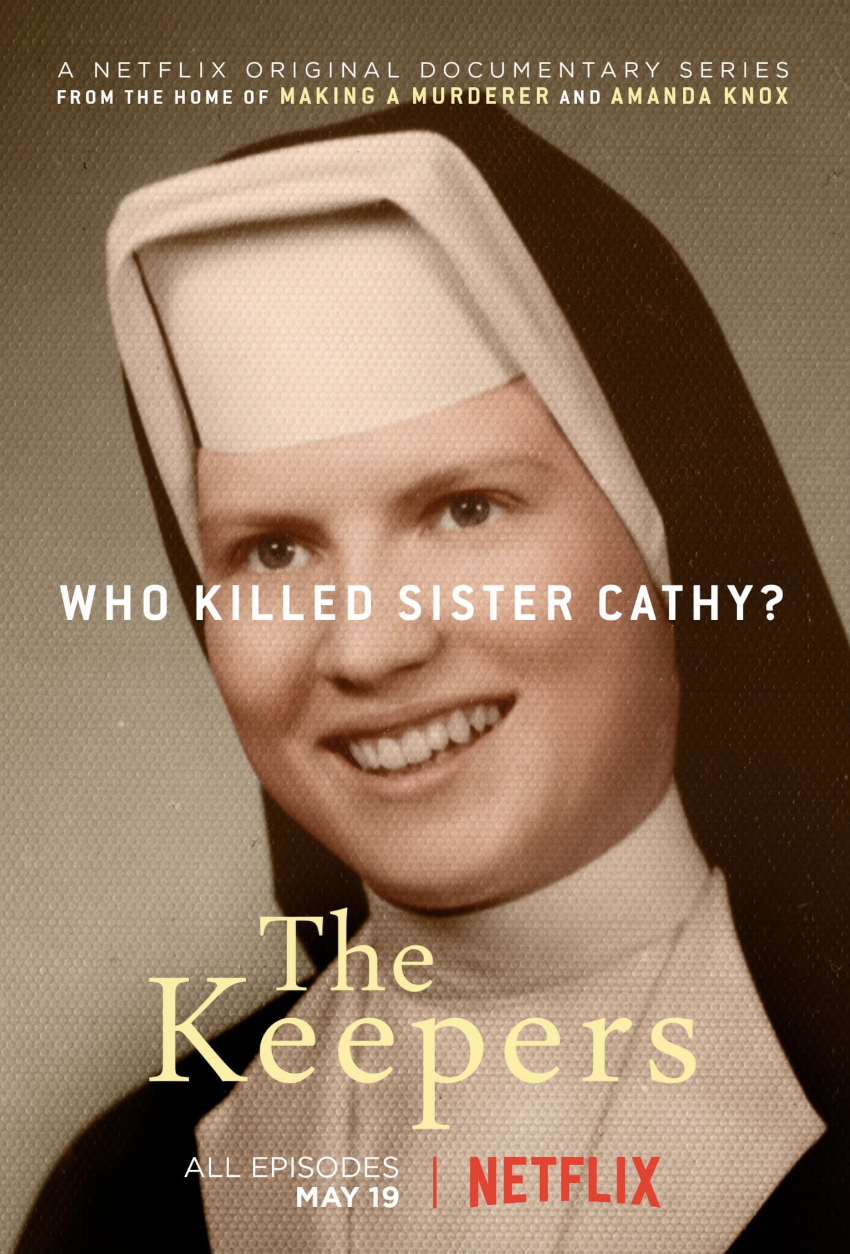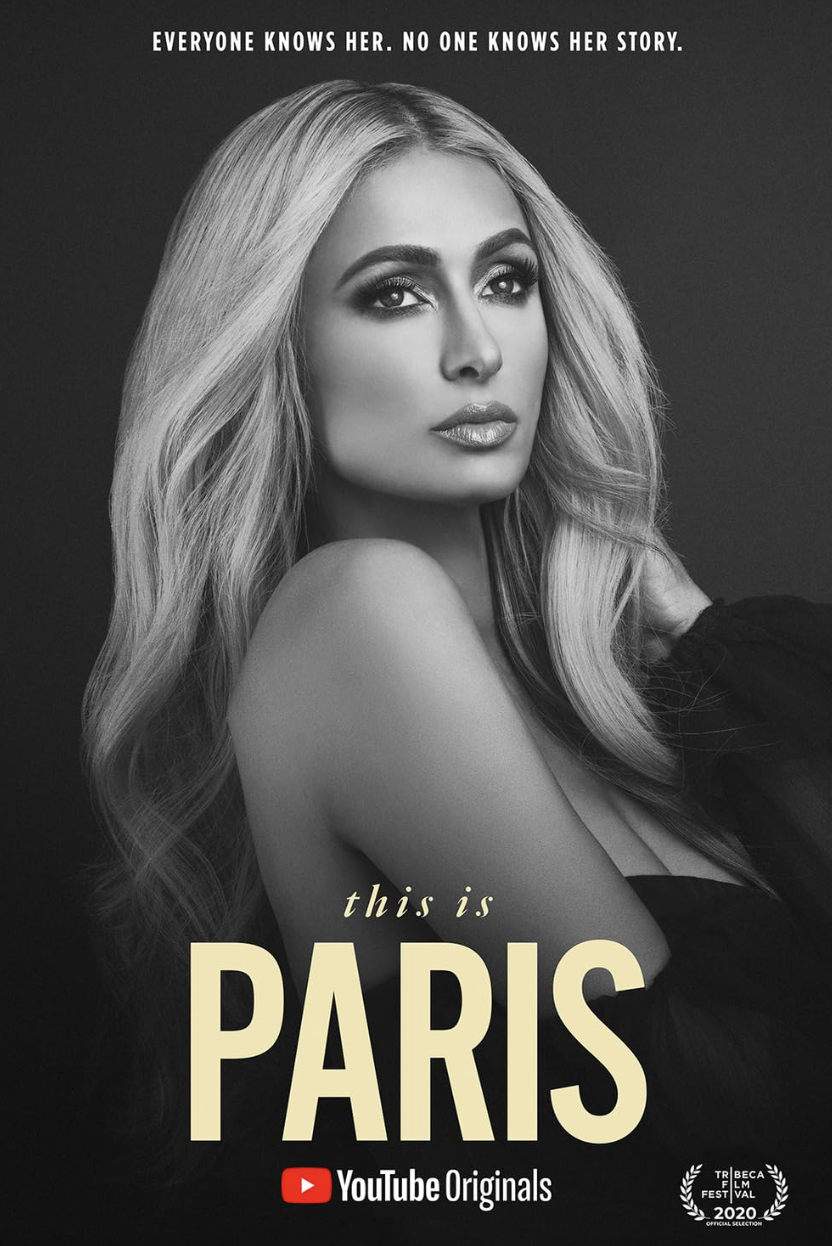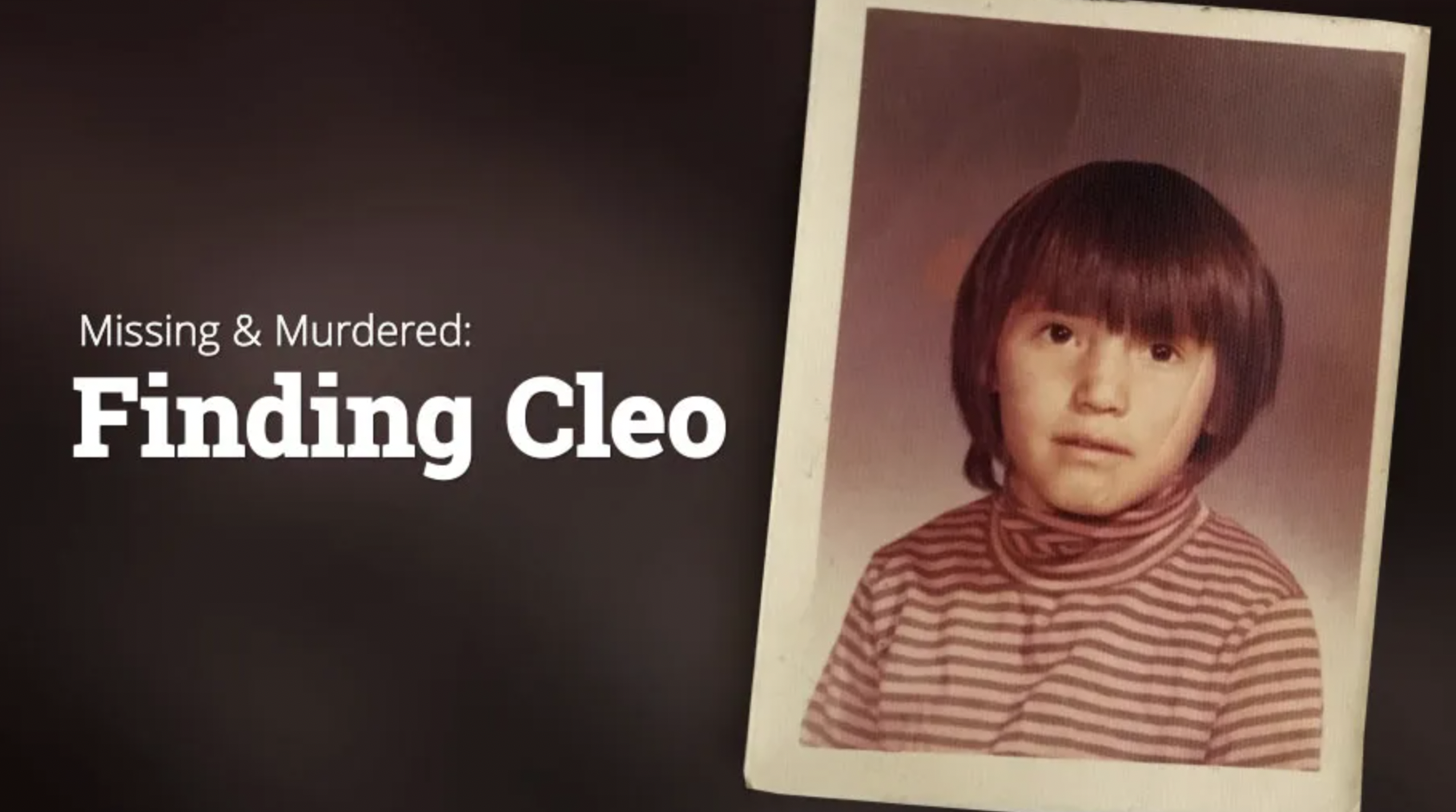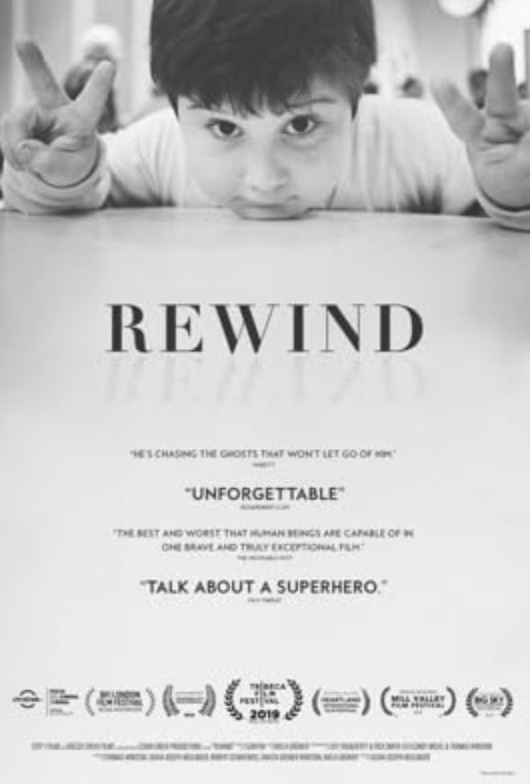Blood-Stained Obsession: 9 True Crime Docs For The Romantic Goth
A gothic guide to ethically consuming the darkest true stories.
By: The Lace Ledger Staff
There’s something seductive about true crime—its brutal intimacy, its whispered warnings, its perverse proximity to the lives we lead. But for the romantic goth, it's never about gore for gore’s sake.
We’re not voyeurs—we're empaths.
We watch for answers, not entertainment.
We seek patterns, not panic.
We study the dark to better understand our light. Still, not all true crime is created equal.
For every documentary that honours the victim, a dozen more glorify the killer. The Lace Ledger believes in ethical consumption: no romanticizing monsters, no re-traumatizing survivors. Just hauntingly thoughtful storytelling.
So, draw the blinds, pour a glass of red wine and settle in. These are the seven true crime documentaries that cut so deep, you’ll feel them for days to come.
Gone Girls: The Long Island Serial Killer (USA)
Revisits the Gilgo Beach murders through the lens of the women lost and families left behind. Rather than glorifying the killer, the narrative focuses on grief, injustice and the fight for the answers in the shadow of systemic neglect.
Takeaway: A reclamation of victimhood, transforming tragedy into testimony of resilience and remembrance.
Ethical Note: Family-led, designed to amplify voices of the victims rather than sensationalize the crime.
Unknown Number: The High School Catfish (USA)
A teenager receives anonymous, threatening texts that evolve into a campaign of manipulation, fear and isolation. The documentary unpacks the emotional weight of digital harassment while examining the hidden cruelties of trust and shame in adolescence.
Takeaway: A start reminder that terror doesn’t require violence–psychological captivity can be just as destructive.
Ethical Note: Survivor-driven, carefully contextualizes trauma within a broader conversation about online abuse and safety.
Stalking Samantha: 13 Years of Terror (USA)
This chilling docuseries follows Samantha, a woman relentlessly pursued by a stalker for over a decade. The story exposes the devastating psychological toll of living under constant threat and systemic failures that left her vulnerable.
Takeaway: A harrowing portrait of endurance that underscores how stalking devastates lives long after headlines fade.
Ethical Note: Survivor-centered, prioritizes Samantha’s voice and agency throughout.
The Keepers (USA)
When Sister Cathy Cesnik was murdered in 1969, the case went cold. But decades later, her former students uncover a web of abuse and cover-ups within the Catholic Church that still chills the spine.
Takeaway: It showcases institutional betrayal wrapped in reverence – the haunting devotion of her students is unforgettable.
Ethical Note: Survivor-led, focuses on systemic accountability and healing.
This Is Paris (USA)
Paris Hilton allows the audience a peek behind the curtain to reveal the truth about her abuse at Provo Canyon School, unmasking the troubled teen industry and igniting a global reckoning.
Takeaway: It reframes a pop culture punchline as a trauma survivor reclaiming power – the glamour becomes ghostly.
Ethical Note: Survivor-told, advocacy-forward, no sensationalism.
I'll Be Gone in the Dark (USA)
Michelle McNamara’s obsessive investigation into the Golden State Killer is a study in persistence, grief, and feminine genius. It’s as much about the writer as the case.
Takeaway: The poetic ache of Michelle’s voice narrates the way obsession becomes legacy.
Ethical Note: Deep empathy for survivors, zero glorification of the killer, strong trauma lens.
Missing and Murdered: Finding Cleo (Canada)
Cree journalist Connie Walker investigates the disappearance of Cleo, a young Indigenous girl taken from her family during Canada’s Sixties Scoop. What she finds is more complex—and devastating—than expected.
Takeaway: The way systemic violence can hide behind paperwork and polite silence. A nation’s reckoning, one girl at a time.
Ethical Note: Indigenous-led, trauma-informed, prioritizes family voice.
American Nightmare (USA)
Dubbed “the real Gone Girl,” this case was sensationalized, dismissed and distorted—until the truth came to light. A sharp critique of media misogyny and police incompetence.
Takeaway: The visceral injustice. The way survivors are treated as unreliable narrators in their own horror stories.
Ethical Note: Centres victims, highlights systemic flaws, careful reenactment.
Rewind (USA)
A deeply personal, visually haunting film that follows director Sasha Neulinger as he uncovers his family’s buried trauma and cycles of abuse through old home videos.
Takeaway: The innocence of the footage. The slow, aching unspooling of memory.
Ethical Note: Survivor-made, introspective, highly sensitive to trauma.
If you're going to open your heart to horror, make it meaningful.
Consume consciously.
Let the victim be more than a footnote.
Say their names with reverence.
Let their stories shape your own sense of justice and compassion.
You don’t need to be numb to be strong.
You can cry, and still be informed.
You can feel, and still be empowered.
Have a true crime recommendation with a gothic soul and ethical spine? Share it @thelacleledger or in the comments below.










